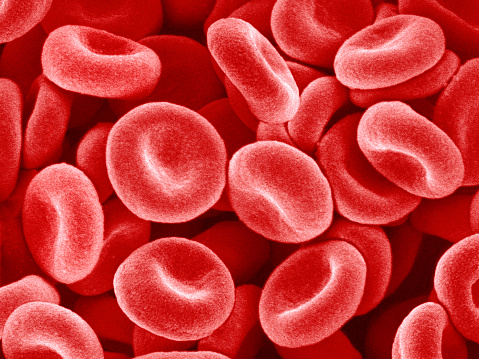Q4 2025 Topic: ADCs
HEOR Value demonstration for Antibody-Drug Conjugates: Lessons learned from the first 25 years

Q4 2025 Topic: ADCs
Moving ADCs to the Front Line: Perspectives from FDA Oncology Experts
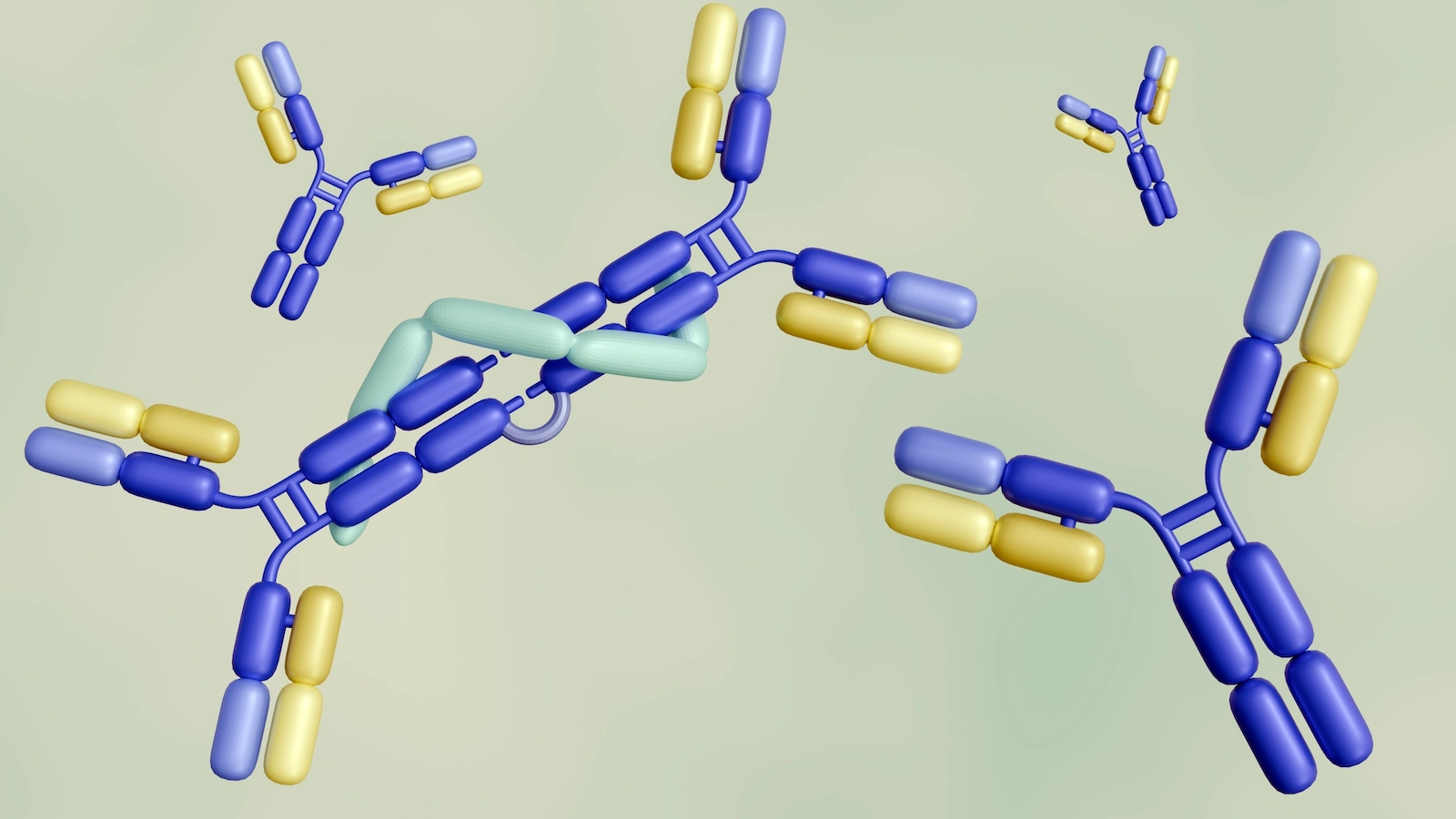
Q4 2025 Topic: ADCs
Twenty-Five Years of Antibody–Drug Conjugates: From Breakthroughs to Access by Design
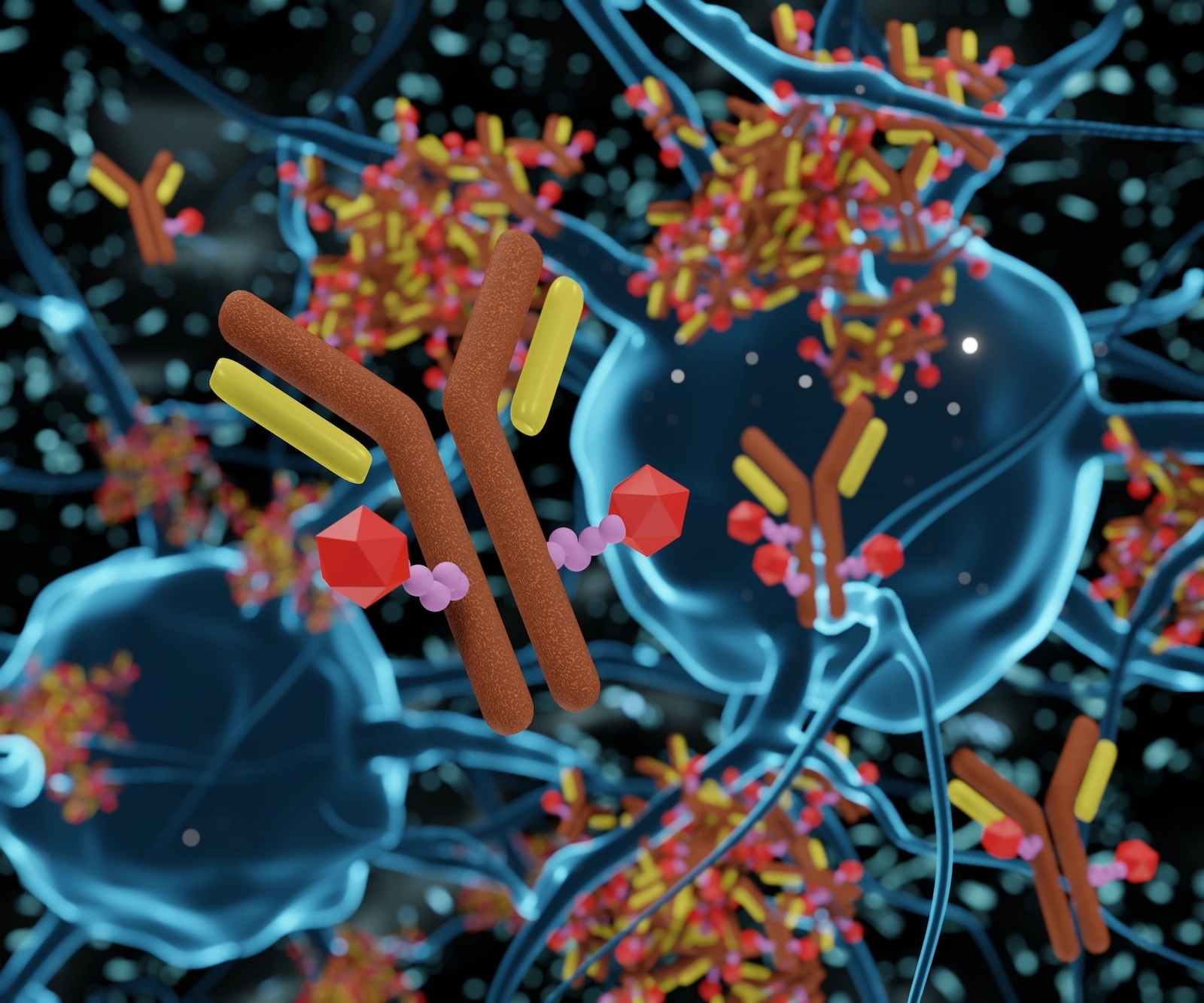
Q4 2025 Topic: ADCs
The ADC Pendulum: Following the Arc from Approval to Withdrawal and Renewed Promise

Q4 2025 Topic: ADCs
Market Outlook Q4 2025: Antibody-Drug Conjugates (ADCs)
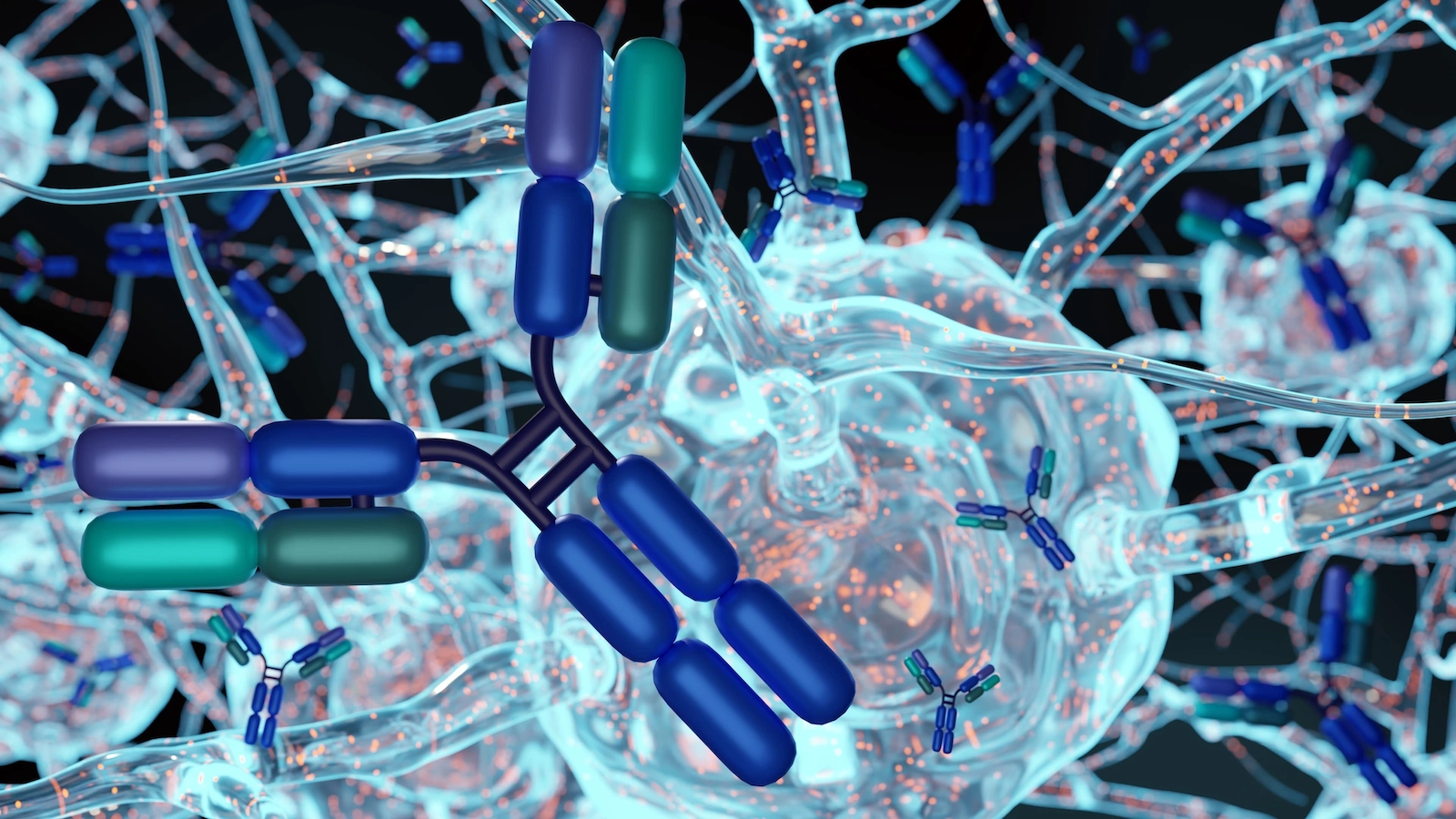
Featured content on ADCs:
HEOR Value demonstration for Antibody-Drug Conjugates: Lessons learned from the first 25 years
Moving ADCs to the Front Line: Perspectives from FDA Oncology Experts
Twenty-Five Years of Antibody–Drug Conjugates: From Breakthroughs to Access by Design
FEATURED CONTENT

How Health Systems Are Using AI In Clinical Decision-Making
Artificial intelligence (AI) is significantly transforming the healthcare sector, evolving from a tool used to streamline administrative tasks to one influencing essential clinical functions. For pharmaceutical manufacturers, understanding how their health system customers are using AI is crucial.

Utilization of Multiparameter Flow Cytometry for Immune Monitoring of Tumor Infiltrating Lymphocytes Isolated from Fresh Tumor Tissue
Understanding the role of infiltrating lymphocytes into tumors during clinical trials can provide insights into the complex interplay between the immune system and tumor microenvironment during treatment with novel immuno-oncology therapeutics.

PD-L1 Expression on Immune Cells from Solid Tumor Patients: Implications for Tumor Immunity and Immunotherapy
Programmed death-ligand 1 (PD-L1) is a key immune checkpoint molecule that regulates immune responses by binding to PD-1 on T cells, contributing to immune tolerance and suppression
Insights drawn from our deep experience
across the biopharma lifecycle
25+
450+
600+
250+
Insight and Expertise That Extends from Molecule to Market

Guide to Using Liquid Biopsy Analysis in Therapeutic Development

Immune Cell Profiling in Translational Research
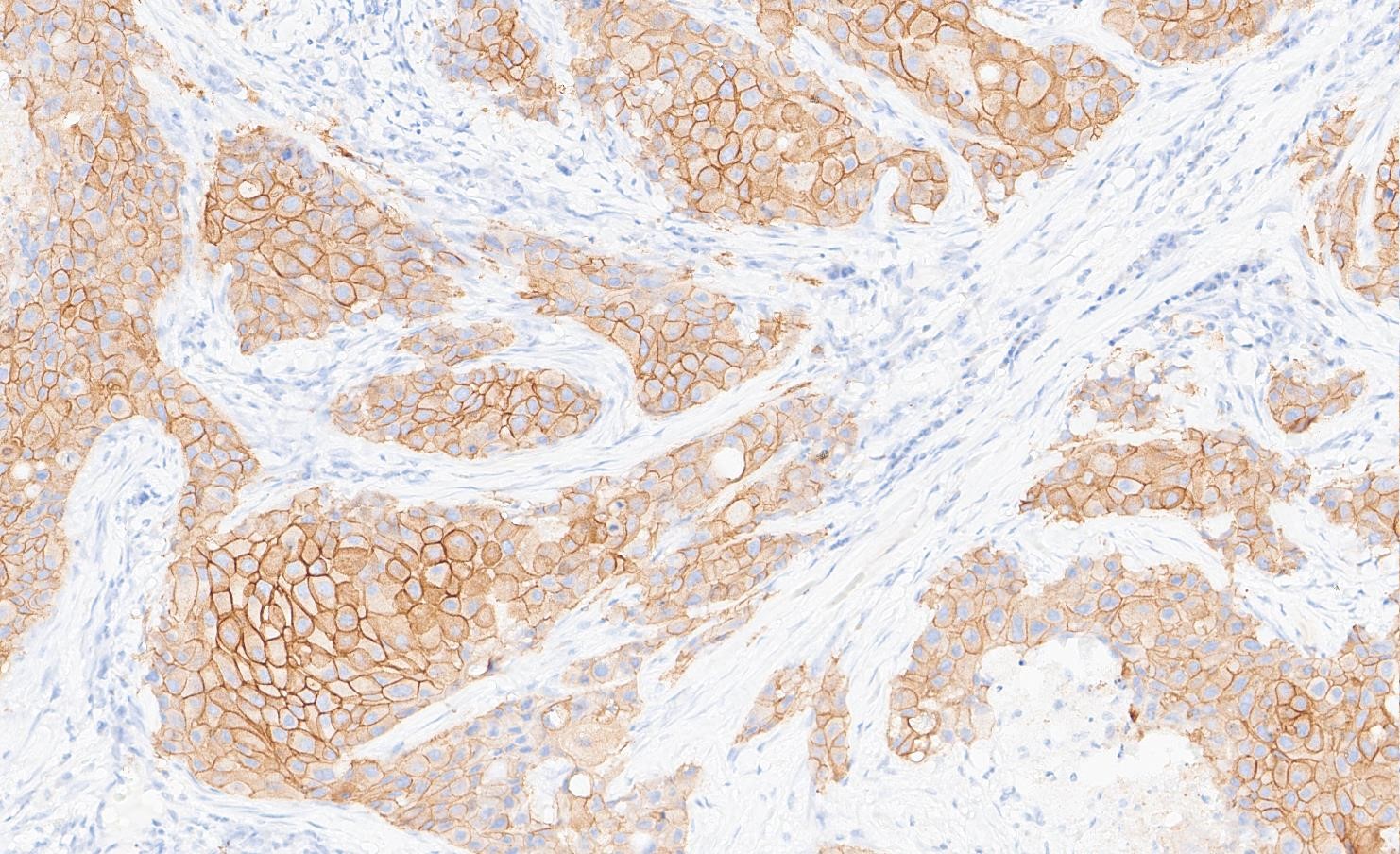
Guide to Successfully Conducting Tissue Cross-Reactivity Studies

Optimizing Successful Gene Therapy Development

Quantitative Multiplex Immunofluorescence : A Powerful Tool for Oncology Therapeutic Development

Validation of a Neutralizing Antibody (NAb) Assay

ASPYRE-Lung Addresses Critical Gaps in NGS-based Biomarker Testing

Caregiving in Alzheimer’s and Related Dementias: Finding Opportunities to Optimize Caregiver Support

Innovation, Personalization & the Future of Oncology: How AI Is Transforming Cancer Care

Validation of an Approach to Measure High Levels of Neutralizing Antibodies Against AAV in Human Serum Samples

Validation of an IFN-y ELISpot Assay for Measuring T-Cell Responses Against Viral Antigens in AAV-based Gene Therapy

Rebuilding the EHR for Primary Care

How to Align Pricing & Contracting with Stakeholder Needs

Shifting Oncology Management Strategies Among Payers and Providers
.jpg)
Why Cardiovascular-Kidney-Metabolic Health Is a Priority for Payers & What It Means for Manufacturers
.jpg)
Evolutions in Oncology Cell Therapy

Exploring the Intricacies of the Immune System: A Practical Guide

Phase 3 Prostate Cancer Case Study: Radiopharm Imaging at Scale

Why Antibody Drug Congugates are Revolutionizing Precision Oncology

The ADC Pendulum: Following the Arc from Approval to Withdrawal and Renewed Promise
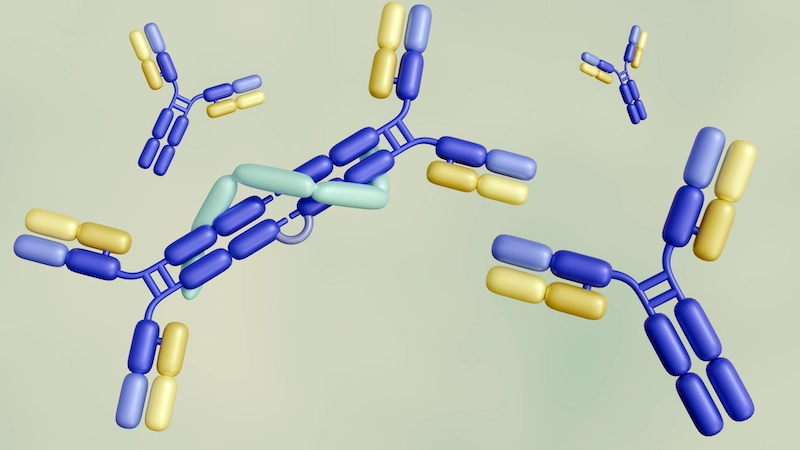
Moving ADCs to the Front Line: Perspectives from FDA Oncology Experts

Cohort Management: Best Practices for Early Phase Oncology Clinical Trials

Squaring the Circle: Bridging the Real-World Evidence Gap - Before Launch

Exploring decision-makers' challenges and strategies when selecting multiple systematic reviews

The Role of Pharmaceutical Innovation in Clinical Practice Guidelines for Chronic Diseases

Methods for Incorporating Non-Randomized Evidence From Single-Arm Trials Into Network Meta-Analysis (NMA)

Can Distributional Cost Effectiveness Analysis (DCEA) Actually Inform On and Improve Health Equity in Oncology? Perspectives from the Methodologist , Physician, and Payer

Pembrolizumab plus chemotherapy for first-line treatment of advanced triple-negative breast cancer

Clinical Outcomes of PD-1/PD-L1 Inhibitors Among Patients With Advanced or Metastatic Non-Small Cell Lung Cancer With BRAF, ERBB2/HER2, MET , or RET Alterations

Pros and Cons of Various Reimbursement Models for Cell and Gene Therapies
Cutting-edge cell and gene therapies have sparked ideas for new payment models that could reshape affordability and access to life-changing care.

Improving Patient Access to Cell Therapy Through Decentralized Manufacturing
Decentralized manufacturing could transform cell therapy delivery by reducing delays, costs, and logistical hurdles to improve patient outcomes.

Payer Challenges for Patient Access to Autologous Cell and Gene Therapies
Autologous cell and gene therapies show promise but face barriers such as high costs, limited access, and payer concerns over long-term effectiveness.

Payors, Pharma Engage Alternative Payment Models Amid High Gene Therapy Cost, Efficacy Unknowns

Flexible CAR-T Monitoring Period Could Help With Post-Treatment Barriers
In the seven years since the approval of the first chimeric antigen receptor T-cell (CAR-T) therapy, the agents have proved to be effective in the treatment of non-Hodgkin lymphoma. But the one-time-use agents come with risks, including the potentially fatal cytokine release syndrome (CRS) and immune effector cell-associated neurotoxicity syndrome (ICANS), so the FDA requires patients remain near their treatment center for four weeks after administration, which can be onerous for patients.

AI-powered real-world evidence generation for biotechs
The biopharma industry faces a relentless demand for evidence of real-world effectiveness (RWE), safety, and value throughout the product lifecycle to complement the clinical trial-based benefit: risk profile from the pre-approval development programme.

FDA accelerated approval: implications for treatment innovation in oncology
Since 1992, the FDA’s Accelerated Approval (AA) process has significantly reduced the time it takes for a drug to receive market approval. Consequently, many drugs with promising trial results have become available for public use quite rapidly, relative to the standard approval process.

CGT Is In Its Infancy For CNS Disorders, But Technical Strides Being Made
Neurological disorders account for roughly 45% of rare diseases; and 85% of rare and ultra-rare disease trace back to a single gene defect. Given this, the potential for regenerative therapies to benefit patients with central nervous system-based disorders is vast.

Are Rare Brain Diseases the Next Commercial Frontier for Gene Therapy?
The biggest trend in gene therapy development is the potential of several treatments for rare neurological diseases to move from the bench to the bedside.

HEOR Value demonstration for Antibody-Drug Conjugates: Lessons learned from the first 25 years
Antibody drug conjugates (ADC) celebrate 25 years of U.S. regulatory approval this year and are widely regarded as a major scientific and medical advance in oncology, offering hope to many people who are struggling to overcome serious, often late-stage cancers that have proven resistant to existing treatment options.
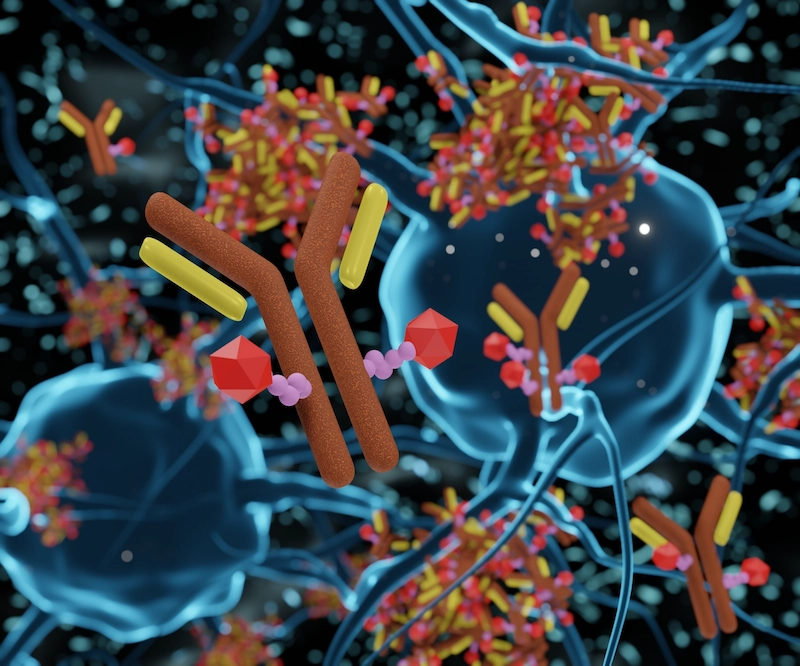
Twenty-Five Years of Antibody–Drug Conjugates: From Breakthroughs to Access by Design
The oncology landscape has been fundamentally reshaped over the past 25 years by antibody–drug conjugates (ADCs). By combining the precision targeting of an antibody with a potent cytotoxic payload, ADCs have evolved from early promise to established, high-impact therapies across multiple tumor types.

Market Outlook Q4 2025: Antibody-Drug Conjugates (ADCs)
Antibody-drug conjugates (ADCs) have significantly reshaped the oncology treatment landscape since the first approval 25 years ago, offering new hope to many people who are struggling to overcome serious, often late-stage cancers that have proven resistant to existing treatment options. To date, 13 ADCs have been approved, collectively generating over $11 billion in sales, with nearly 130 ADC assets currently in development. The

Characterized Biospecimens: A Guide for Leveraging Deeply Characterized Biospecimens to Support Successful Therapeutic & Diagnostic Development
Biospecimens are critical for advancing basic science, translational research, and clinical trials. Used for diverse applications ranging from illuminating the mechanisms of disease to identifying those patients most likely to respond to specific drugs, biospecimens play an integral function in advancing the development of targeted therapies and precision medicine. To realize the full potential of their value, biospecimens must be sourced and collected appropriately and ethically and then characterized and paired with relevant clinical information to generate actionable data.

Journey of a Therapeutic Antibody: From Preclinical to Clinical Proof of Concept Development
Therapeutic antibodies are on the ascendancy, driven by a significant evolution in antibody engineering and an expanding market. Antibodies have become the fastest-growing class of biologic drugs and are used for treating a wide range of indications, from oncology and immunology to infectious and hematological diseases.

Understanding Immunogenicity and AAV Gene Therapy
Best Practices for Designing Robust Assays and Navigating Regulatory Pathways

Reimagining Prior Authorization: A Blueprint for CMS-0057-F Compliance and Beyond
The prior authorization (PA) process has long presented challenges in terms of administrative burden, variability, and delays in care. With the release of CMS-0057-F, the regulatory landscape is shifting in a way that requires stakeholders across healthcare to reassess and redesign how PA is managed—especially from a technology and infrastructure perspective.

The Inside Track on Market Access: 5 Trends Shaping Prescribing in 2025
At its peak, bluebird bio stood as a beacon of hope and a pioneer in gene therapy, with a market cap of >$10B and FDA approvals for four ex-vivo cell and gene therapies: ABECMA® (idecabtagene vicleucel) for multiple myeloma (MM), ZYNTEGLO® (betibeglogene autotemcel) for beta-thalassemia, SKYSONA® (elivaldogene autotemcel) for cerebral adrenoleukodystrophy (CALD), and LYFGENIA® (lovotibeglogene autotemcel) for sickle cell disease (SCD). Despite these promising advancements, the company faced significant commercial and operational challenges that impeded the translation of these clinical breakthroughs into sustainable financial success.

bluebird bio: Innovation and Challenges in Cell & Gene Therapy
At its peak, bluebird bio stood as a beacon of hope and a pioneer in gene therapy, with a market cap of >$10B and FDA approvals for four ex-vivo cell and gene therapies: ABECMA® (idecabtagene vicleucel) for multiple myeloma (MM), ZYNTEGLO® (betibeglogene autotemcel) for beta-thalassemia, SKYSONA® (elivaldogene autotemcel) for cerebral adrenoleukodystrophy (CALD), and LYFGENIA® (lovotibeglogene autotemcel) for sickle cell disease (SCD).

Securing & Maintaining Access & Reimbursement for Rare Disease Therapies
Rare diseases, impacting fewer than 200,000 individuals in the US, present daunting access and reimbursement obstacles, with 95% lacking approved therapy. As the median treatment cost exceeds $200,000 annually, concerns about affordability, access, and value persist for over 10,000 identified rare diseases, affecting 30 million Americans.

How Health Systems Are Using AI In Clinical Decision-Making
Artificial intelligence (AI) is significantly transforming the healthcare sector, evolving from a tool used to streamline administrative tasks to one influencing essential clinical functions. For pharmaceutical manufacturers, understanding how their health system customers are using AI is crucial.

Utilization of Multiparameter Flow Cytometry for Immune Monitoring of Tumor Infiltrating Lymphocytes Isolated from Fresh Tumor Tissue
Understanding the role of infiltrating lymphocytes into tumors during clinical trials can provide insights into the complex interplay between the immune system and tumor microenvironment during treatment with novel immuno-oncology therapeutics.

PD-L1 Expression on Immune Cells from Solid Tumor Patients: Implications for Tumor Immunity and Immunotherapy
Programmed death-ligand 1 (PD-L1) is a key immune checkpoint molecule that regulates immune responses by binding to PD-1 on T cells, contributing to immune tolerance and suppression
